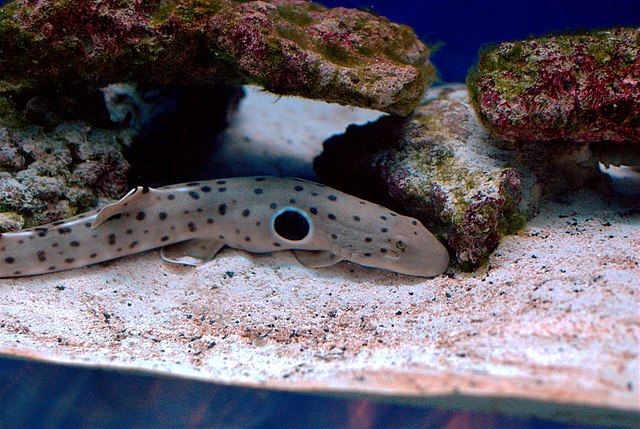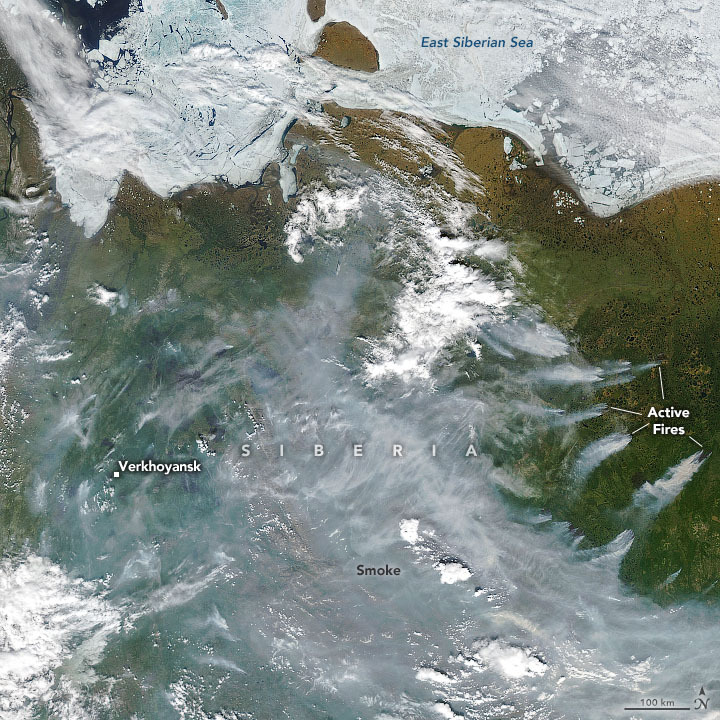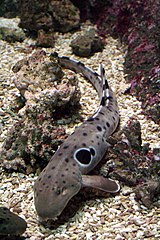 2020 was a hard year in so many ways. To add to the stream of disheartening news, last year has tied with 2016 for the hottest recorded year. Many parts of the world experienced natural disasters and extreme weather.
2020 was a hard year in so many ways. To add to the stream of disheartening news, last year has tied with 2016 for the hottest recorded year. Many parts of the world experienced natural disasters and extreme weather.
There is no denying that our planet is experiencing global warming, which is affecting people, wildlife, and vegetation. This heat is also warming our oceans and can have consequences for marine life.
Let’s take a look at the events that shaped 2020 and a study on baby sharks.
The Hottest Year on Record
With the lockdown due to the pandemic, there were fewer emissions of heat-trapping greenhouse gases.
 However, despite people staying home, carbon dioxide levels still reached a record high. Carbon dioxide stays in the atmosphere for tens of thousands of years -- this means gases pumped into the atmosphere from the past continue to cause havoc.
However, despite people staying home, carbon dioxide levels still reached a record high. Carbon dioxide stays in the atmosphere for tens of thousands of years -- this means gases pumped into the atmosphere from the past continue to cause havoc.
- Bushfires in Australia burned 46 million acres of land in 2019 and 2020, unleashing around 900 million tons of carbon dioxide into the atmosphere.
- The U.S West experienced a devastating wildfire season and the hottest August-October season yet, leaving 10.5 million acres burned — a record high. The U.S also saw unprecedented hurricanes that led to over $37 billion in damages.
- Siberia, located north of the Arctic Circle, experienced heatwaves and fires over the summer. A Siberian town called Verkhoyansk even reached 38ºC (100.4ºF) at one point, a record high for the Arctic.
- In Asia, storms caused massive damage: India and China experienced huge floods, Bangladesh was hit by Cyclone Amphan, the Philippines experienced powerful super typhoons.
Marine heatwaves, which is when the ocean has abnormally high temperatures, have increased the severity of some of these events. Warmer oceans can also affect shark babies, according to a recent study.
Impact on Sharks
 Epaulette sharks in Australia's Great Barrier Reef typically take 125 days to hatch from eggs. However, researchers from the New England Aquarium in Boston found that warmer water temperatures prompt premature births after just 100 days.
Epaulette sharks in Australia's Great Barrier Reef typically take 125 days to hatch from eggs. However, researchers from the New England Aquarium in Boston found that warmer water temperatures prompt premature births after just 100 days.
The researchers discovered that eggs in 29ºC (84.2ºF) water hatched at a normal time and the sharks were born at peak fitness. But eggs in 31ºC (87.8) water hatched earlier, and the baby sharks came out scrawnier and undernourished. It turns out warmer ocean temperature led the unborn shark to eat their only food source, their yolk sac, at a faster rate, thus leading to a premature hatch.
A change in this species’ physical attributes is dangerous as sharks are predators and a keystone species, meaning they hold the marine ecosystem together. If Epaulette sharks are born weaker, they will be less effective hunters. This could cause the ecosystem to lose balance, and eventually collapse. As sharks are slow to adapt, there is a real risk that this species and others could become extinct.
It’s important for all of us to be aware of the behaviors that can contribute to climate change. While we cannot stop global warming with a snap of a finger, we can slowly start to reverse its effects by staying educated and living greener lifestyles — all things we can do from home!
Sources: LiveScience, Guardian, NYTimes, NASA, NPR









